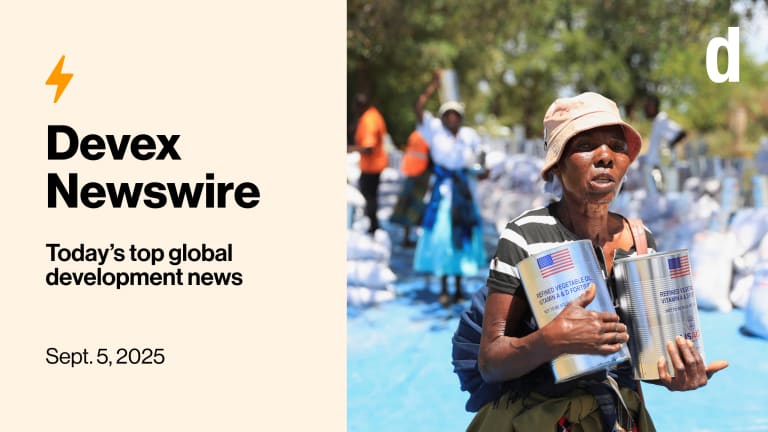One of the U.S. Agency for International Development’s signature achievements in Afghanistan is helping increase the number of students enrolled in schools from 900,000 in 2002 to more than 8 million in 2013. But were these figures falsified, as recent allegations claim?
The Special Inspector General for Afghanistan Reconstruction, an aid watchdog created by Congress to scrutinize U.S. programs in the country, has sent a letter of inquiry to USAID, requesting the agency to respond to recent allegations by the ministers of education and higher education that former officials falsified data about school and student numbers to obtain more funding.
“The ministers reported that there are no active schools in insecure parts of the country, and that former officials doctored statistics, embezzled money and interfered with university entrance exams,” SIGAR’s letter reads. “These allegations suggest that U.S. and other donors may have paid for schools that students do not attend and for the salaries of teachers who do not teach.”








